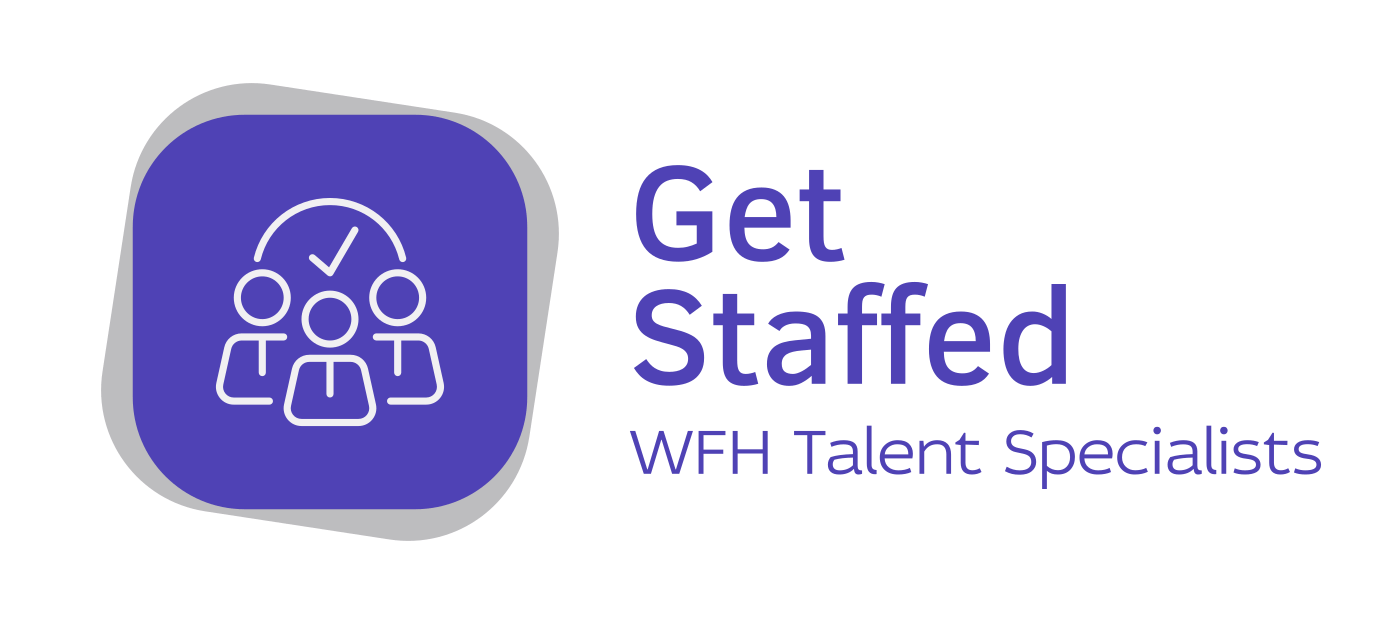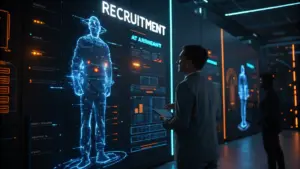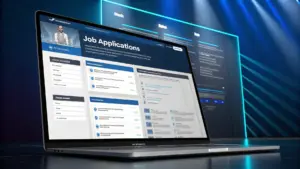Remote work has revolutionized the way businesses operate, and this shift has significantly impacted the recruitment landscape. Companies are now actively seeking candidates with the skills and experience to thrive in remote environments. This trend necessitates a reevaluation of traditional recruitment methods and a focus on identifying and attracting top-tier remote talent. The rise of remote work has also led to a surge in demand for specific skills, such as communication, time management, and self-motivation. Recruiters need to adapt their strategies to assess these skills effectively, moving beyond traditional resumes and incorporating assessments that evaluate candidates’ ability to work independently and collaborate remotely. Furthermore, the remote work environment has blurred the lines between work and personal life. Recruiters must consider the work-life balance expectations of candidates and tailor their recruitment strategies to attract individuals who prioritize flexibility and autonomy. This includes offering flexible work arrangements and fostering a supportive remote work culture.
The Impact of AI on Modern Recruitment Practices
Artificial intelligence is transforming the recruitment process, streamlining workflows and enhancing efficiency.




